How to Reduce Symptoms of Menopause?
There are a number of different treatment options to consider if you're suffering from symptoms of menopause that's including healthy food & regular exercise.

What is Menopause?
Menopause begins in the late 40s or early 50s for most women. It usually lasts for a few years. During this time, at least two-thirds of women experience symptoms of menopause. These include hot flashes, night sweats, mood swings, irritability and tiredness. In addition, menopausal women are at a higher risk of several diseases including osteoporosis, obesity, heart disease and diabetes. Many women turn to natural supplements and remedies for relief.
Ways to treat the symptoms of Menopause
Here is a list of natural ways to reduce the symptoms of menopause :-
Eat food rich in calcium and vitamin D
Hormonal changes during menopause can cause bones to weaken, increasing the risk of osteoporosis. Calcium and vitamin D are linked to good bone health, so it's important to get enough of these nutrients in your diet.Adequate vitamin D intake in postmenopausal women is also associated with a lower risk of hip fractures due to weak bones.Many foods are calcium-rich, including dairy products like yogurt, milk and cheese. Rich dietary sources include oily fish, eggs, cod liver oil and foods fortified with vitamin D.Sunlight is your main source of vitamin D, since your skin produces it when exposed to the sun. However, as you get older, your skin gets less efficient at making it.
Achieve and maintain a healthy weight
It's common to gain weight during menopause.This can be due to a combination of changing hormones, aging, lifestyle and genetics.Gaining excess body fat, especially around the waist, increases your risk of developing diseases such as heart disease and diabetes. In addition, your body weight may affect your menopause symptoms.
Exercise regularly
There is currently not enough evidence to confirm whether exercise is effective for treating hot flashes and night sweats. However, there is evidence to support other benefits of regular exercise.These include improved energy and metabolism, healthier joints and bones, decreased stress and better sleep
Drink enough water
During menopause, women often experience dryness. This is likely caused by the decrease in estrogen levels.Drinking 8–12 glasses of water a day can help with these symptoms. Drinking water can also reduce the bloating that can occur with hormonal changes.In addition, water can help prevent weight gain and aid in weight loss by helping you feel full and increasing metabolism slightly
Reduce eating refined sugar and processed foods
A diet high in refined carbs and sugar can cause sharp rises and dips in blood sugar, making you feel tired and irritable.In fact, one study found that diets high in refined carbs may increase the risk of depression in postmenopausal women.Diets high in processed foods may also affect bone health.
Eat lots of fruits and vegetables
A diet rich in fruits and vegetables can help prevent a number of menopause symptoms.Fruits and veggies are low in calories and can help you feel full, so they're great for weight loss and weight maintenance.They may also help prevent a number of diseases, including heart disease. Finally, fruits and vegetables may also help prevent bone loss.
Also Read - What are the signs and symptoms of menopause?
Don’t skip meal
Eating regular meals may be important when you're going through menopause.Irregular eating may make certain symptoms of menopause worse, and may even hinder weight loss efforts.
Eat protein-rich foods
Regularly eating protein throughout the day can help prevent the loss of lean muscle mass that occurs with age.In addition to helping prevent muscle loss, high-protein diets can help with weight loss because they enhance fullness and increase the amount of calories burned.Foods rich in protein include meat, fish, eggs, legumes, nuts and dairy.









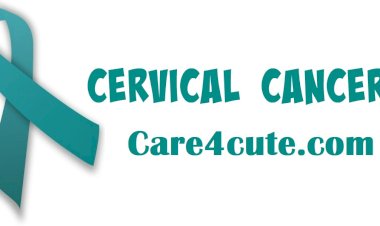
















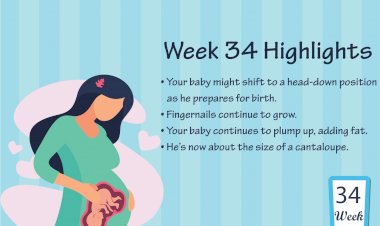



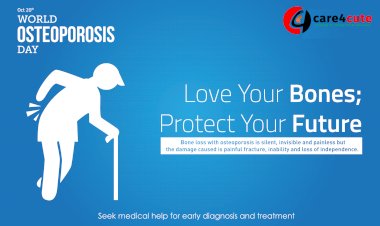

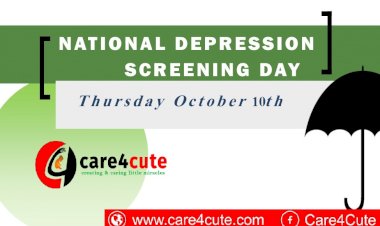
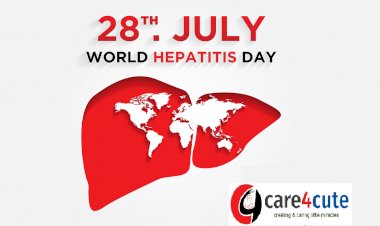

Comments (0)